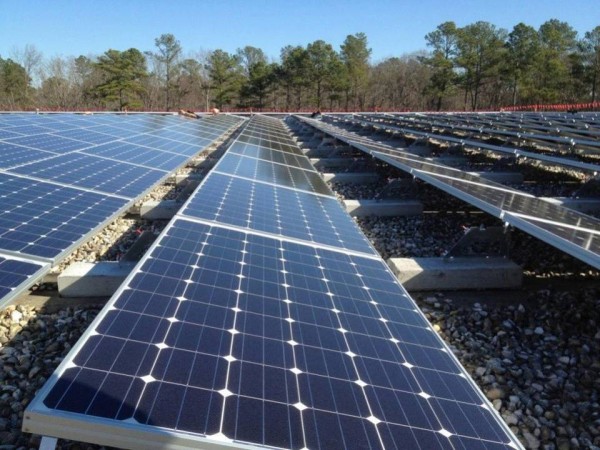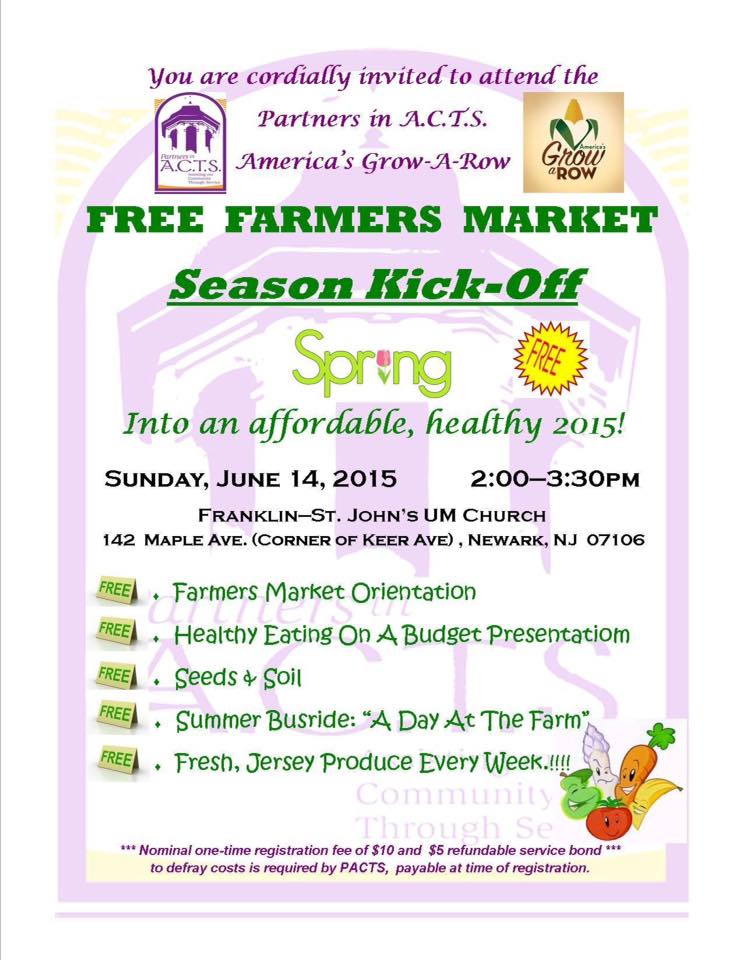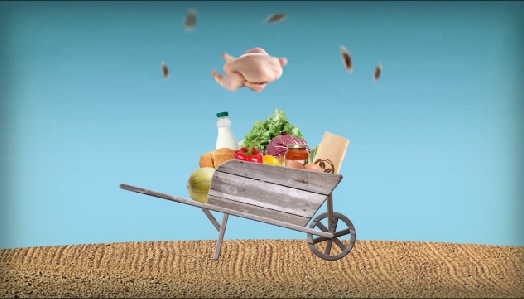
The Strata Solar project was not doomed by irrational fears. The photovoltaic panels were proposed just 50 feet from residential homes, and the project was too close to State Route 258 leading into town.
Raleigh News & Observer reporter John Murawski explains that converting farmland to solar fields is not only a quality of life issue for local residents – it may be an important agricultural issue for our nation as well:
…resistance often flares up in areas that have become magnets for solar farms – agricultural communities with cheap farmland near electrical substations where solar farms can interconnect to the power grid, said Stephen Kalland, executive director of the N.C. Clean Energy Technology Center.
But the state’s remarkable transformation of soybean fields into rows of indigo panels is also alarming some agriculturalists. In a Nov. 30 letter to the state’s extension agents, N.C. State University crop science professor Ron Heiniger warned that the rapid spread of solar farms “may well be one of the most important agricultural issues of our generation.”
Heiniger’s call-to-arms, reproduced in at least one local paper, predicts that solar farms could shift land use to such an extent that “it is highly unlikely this land will ever be farmed again.”
Thanks to Thomas Beckett for setting the record straight concerning this matter. I joined the social media crowd in poking fun of Woodland’s residents but obviously, this is no joking matter.



